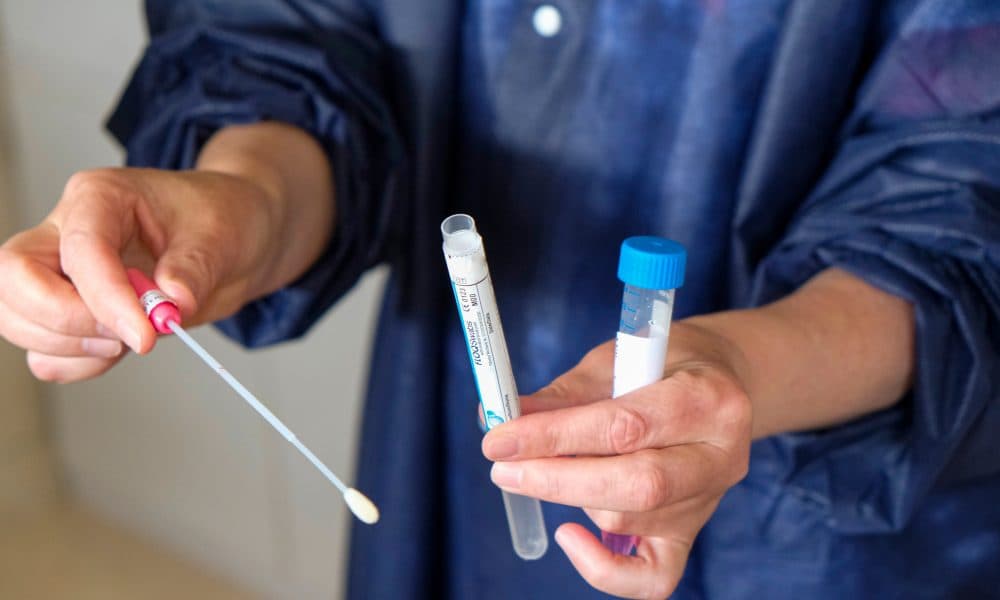
Despite the availability of the C-Reactive Protein (CRP) test, which can determine whether a patient is likely to have a bacterial infection, most antibiotics are prescribed in primary care without a determination of whether the patient has a bacterial infection that can be treated by antibiotics, according a the Testing Times report released today.
Point-of-care CRP testing reduces antibiotic prescribing by 22-36 per cent for respiratory tract infections (RTI), and 22 per cent for COPD.
It is one of the most effective tools against the leading cause of antimicrobial resistance: unnecessary antibiotic prescribing in primary care.
Doris-Ann Williams, CEO of the British In Vitro Diagnostic Association said:
“As we move forward from the pressures and challenges placed on the NHS by COVID-19, it’s critical that the UK government is looking to the future and the approaching crisis of antimicrobial resistance (AMR).
“Rapid diagnostics have a key role to play in community and primary care settings to lower unnecessary antibiotic prescribing, particularly in respiratory tract infections, and protect the healthcare system in the decades to come.”
The Government’s 5 Year Action Plan on Antimicrobial Resistance concluded that the UK does not make the best use of available diagnostic technology.
Now, the British In Vitro Diagnostics Association and LumiraDx are calling on the NHS, Department of Health and Social Care and NICE to unlock the potential of point of care CRP testing to prevent antimicrobial resistance.
Released today by LumiraDx in partnership the British In Vitro Diagnostics Association, Testing Times outlines the role of rapid diagnostics in tackling AMR and identifies barriers to their uptake across primary and community care.
Key recommendations:
- NICE should revise its assessment of diagnostic tests to include robust economic modelling of the impact of AMR to determine the cost-effectiveness of using rapid diagnostics.
- New Integrated Care Systems should leverage economies of scale and must be provided with appropriate funding arrangements and incentives to utilise rapid diagnostics in primary and community care.
- The Department of Health and Social Care and NHS England should consider reducing NHS pressures by providing rapid diagnostics in new respiratory assessment hubs.
Healthcare professionals, academics and Government advisors on AMR shared their insights into policy and frontline challenges in a series of interviews led by Professor Jonathan Cooke, visiting Professor at the NIHR London In Vitro Diagnostics Co-operative, Department of Surgery and Cancer, Faculty of Medicine at Imperial College London and Honorary Professor in the Faculty of Biology, Medicine and Health, University of Manchester.
According to Professor Cooke:
“The threat of AMR requires urgent attention and action on the part of the UK government.
“We’ve heard from experts and stakeholders across the board that challenges and barriers remain when looking to implement rapid point of care testing.”
Globally, it is estimated that there are at least 700,000 deaths per year as a result of antimicrobial resistant infection and unless action is taken, this is expected to rise to 10 million by 2050..









